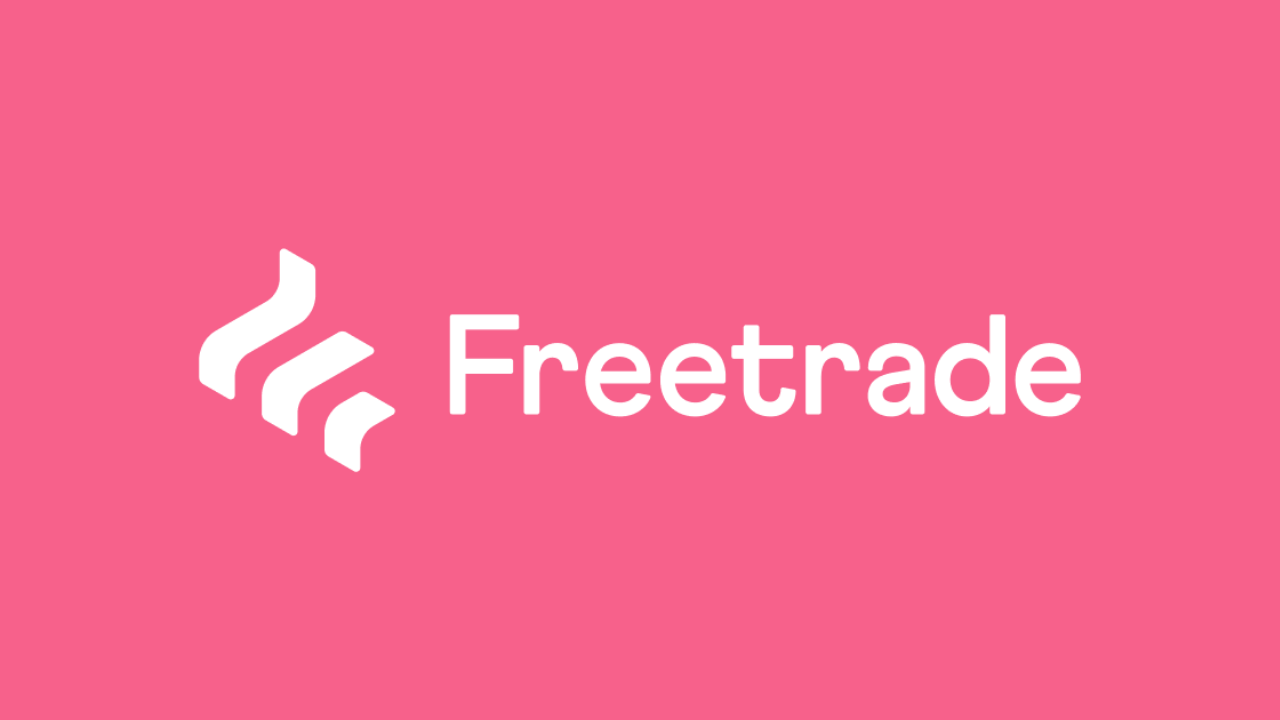Home
Freetrade Acquired: 3 Lessons from Crowdfunding

Table of Contents
- Overview
- Lesson 1: Failed Promises
- Lesson 2: Diminishing Forecasts
- Lesson 3: Liquidity Risks in Crowdfunding
- Conclusion
Overview
Freetrade, the UK investment platform with over 19,000 crowdfunding investors, has been acquired by IG Group for £160 million.. After 9 years of Crowdfunding, the news has been met with frustration from Shareholders, many who think Freetrade sold too early (especially with Freetrade's recent profitability).
As a 3x investor in Freetrade, this sale means I will recieve a 64% loss on my investments - prompting a time for reflection. What lessons can we learn from this journey?
Lesson 1: Failed Promises
One of early warning signs was Freetrade’s inability to deliver on its promises - every community meetup would tell of all the new features they wish to deliver and yet key features were delayed year over year.
Abandoned EU Expansion
Freetrade’s European growth was central to its strategy for years. In 2022, the company finally obtained a Swedish banking license, signaling its intent to expand across the EU. However, by 2024, it had phased out all plans for EU growth, deciding instead to grow a strong UK based company.
Missed Features
During its community meetups, Freetrade often promised new account types like Junior ISAs (JISAs) and Lifetime ISAs (LISAs). These products were spoken about multiple times as priorities but were never released. This eroded Investors' trust as promises were repeatedly broken, or large delays took place on features such as "Web".
Trend Following
Freetrade also had a problem with promising features based upon what was "trendy" in the moment. Previously suggesting it was looking into "Crypto" before U-turning on that idea. Other ideas such as "AI Agents" in the app, took time away from the development team who could instead be focused on more suitable features.
Lesson 2: Diminishing Forecasts
Freetrade’s ambitious financial forecasts were a large selling point during its early crowdfunding rounds. However, actual performance consistently fell short:
Early Optimism (2020)
In May 2020, Freetrade valued its shares at £2.51, supported by 150,000 customers and £125M in assets under administration. The company predicted huge revenue growth:
- 2020 Revenue Prediction: £5.2M
- 2021 Prediction: £33M
- 2023 Prediction: £241M
A Peak and a Crash (2021)
By November 2021, Freetrade’s share price had soared to £9.25, driven by a user base of over 1.1 million and £1 billion in client assets. Yet, even then, warning signs were found in its now lower projections:
- 2020 Revenue Actual: £3M (42% below forecast)
- 2021 Revised Prediction: £15M (down from £33M)
- 2023 Revised Prediction: £50M (down from £241M)
These sharp revisions in forecasts painted a picture of a company struggling to meet its lofty expectations. Shareholders who bought in at the higher valuations suffered significant losses as a result.
Years of Stagnation (2023)
- 2021 Actual: £15.2M
- 2022 Actual: £14.9M (2% Loss)
- 2023 Estimates: £22.5M (down from £50M)
- 2024 Prediction: £35.2M
- 2025 Prediction: £51.3M
2021 to 2023 saw 3 years of stagnation for Freetrade with revenue hitting less than 50% of the previously predicted £50M just 2 years early. The goal of £50M was now predicted to be 2 years behind the previous 2021 predictions with actual revenue in 2023 being more than 10x less than the £241M prediction of 2020.
Lesson 3: Liquidity Risks in Crowdfunding
Crowdfunding's biggest problem is the inability to sell when you wish. Unlike publicaly traded companies, which you can sell whenever the markets are open - your ability to sell crowdfunded stock depends entirely on the decisions of the company’s majority owners.
In hindsight, many shareholders would have loved to sell at the heights of £9.25 per share in Novemeber 2021 - however this wasn't even an option due to the lack liquidity for crowdfunded shareholders.
Burnout
Ultimately, the decision to sell lay with the founders. After nine years of growth and multiple funding rounds, they opted to sell for what some consider a low valuation. Founder Adam Dodds, now traveling the world, left behind a company with potential, now in the hands of IG.
Conclusion
The Freetrade acquisition is not the ending most crowdfunded investors hoped for. Despite the frustrations, Freetrade’s story offers valuable lessons:
- Beware of overpromising startups. - Promises should be met with execution. If a startup can't deliver on its promises (time and time again), maybe not a place worth investing.
- Falling forecasts are not a good sign. Lowering prodictions can be a red flag, especially with rising valuations.
- Understand the liquidity risks. Crowdfunding limits your our exit opportunities, make sure you understand this risk.
While this chapter closes with disappointment for many investors, Freetrade’s journey highlights the many risks of crowdfunding. For investors like me, it’s a costly but valuable lesson.
Thank you for reading. Connect with me on Twitter to discuss further.
For more on Freetrade’s past journey, check out their past crowdfunding rounds/community meetups: